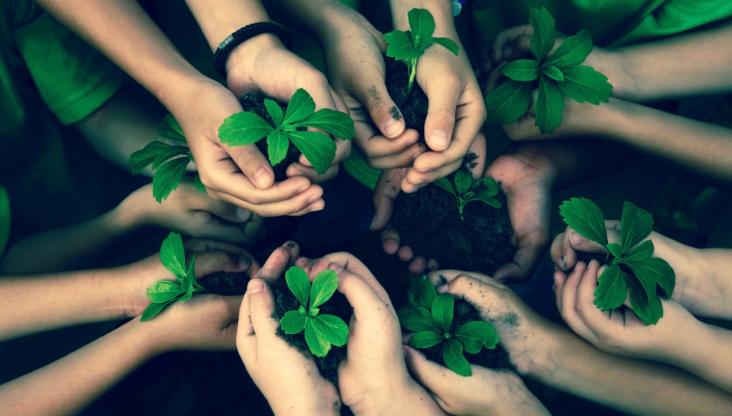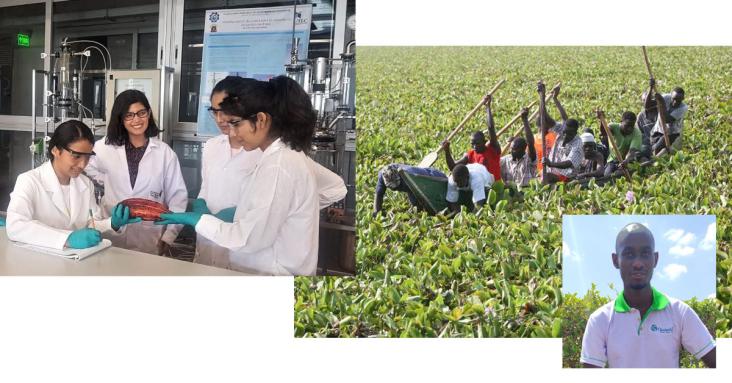D. Sugawara, Chapter 10 - Lessons from the 2011 Tohoku-oki tsunami: implications for Paleotsunami research, Editor(s): Tsunemasa Shiki, Yoshinobu Tsuji, Teiji Yamazaki, Futoshi Nanayama, Tsunamiites (Second Edition), Elsevier, 2021, Pages 155-181, ISBN 9780128239391,

Choy Yee Keong, Chapter 2 - The United Nations' journey to global environmental sustainability since Stockholm: An assessment, Editor(s): Choy Yee Keong, Global Environmental Sustainability, Elsevier, 2021, Pages 7-61


Galapagos Giant Tortoises, Biodiversity of World: Conservation from Genes to Landscapes, 2021, Pages 503-509
